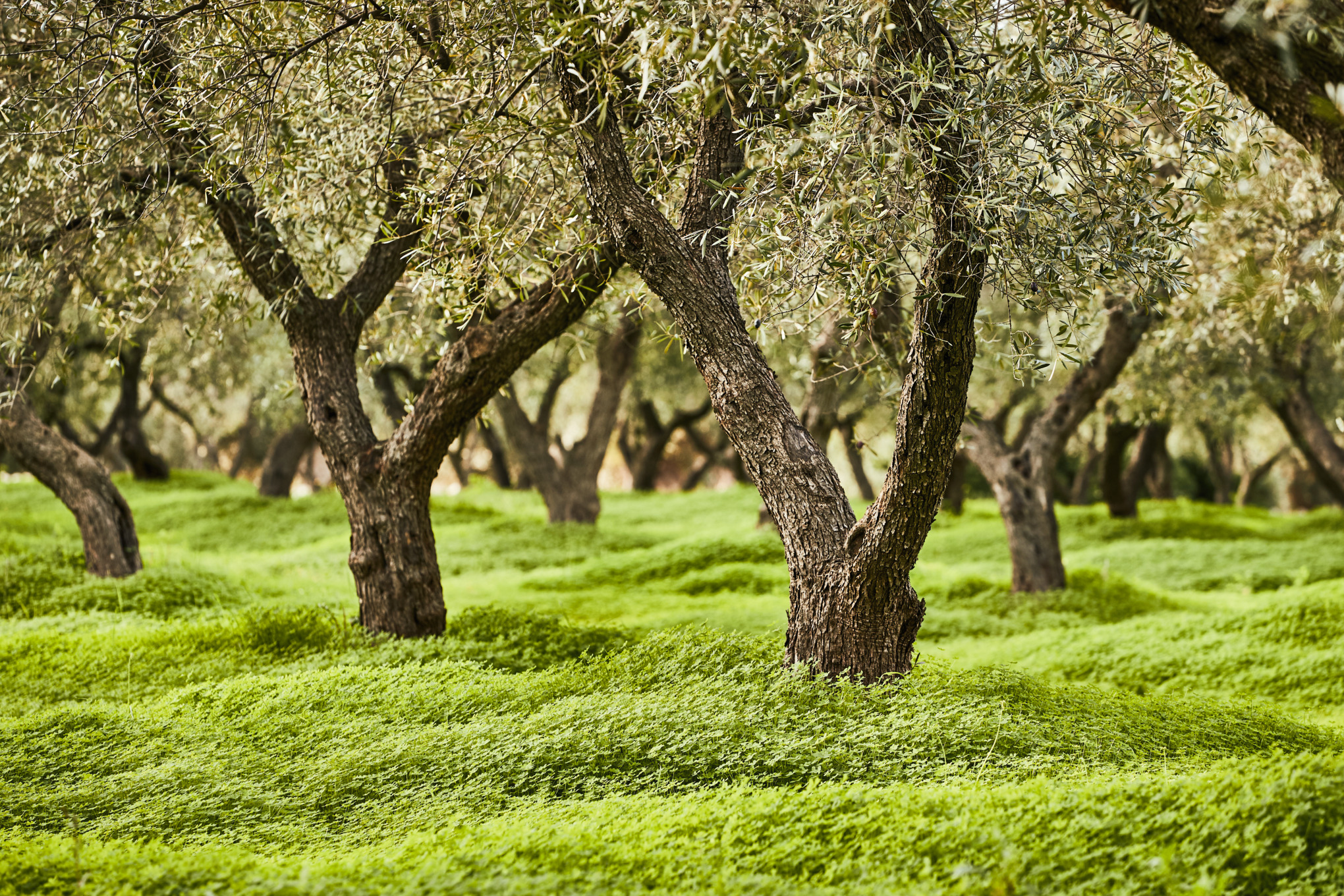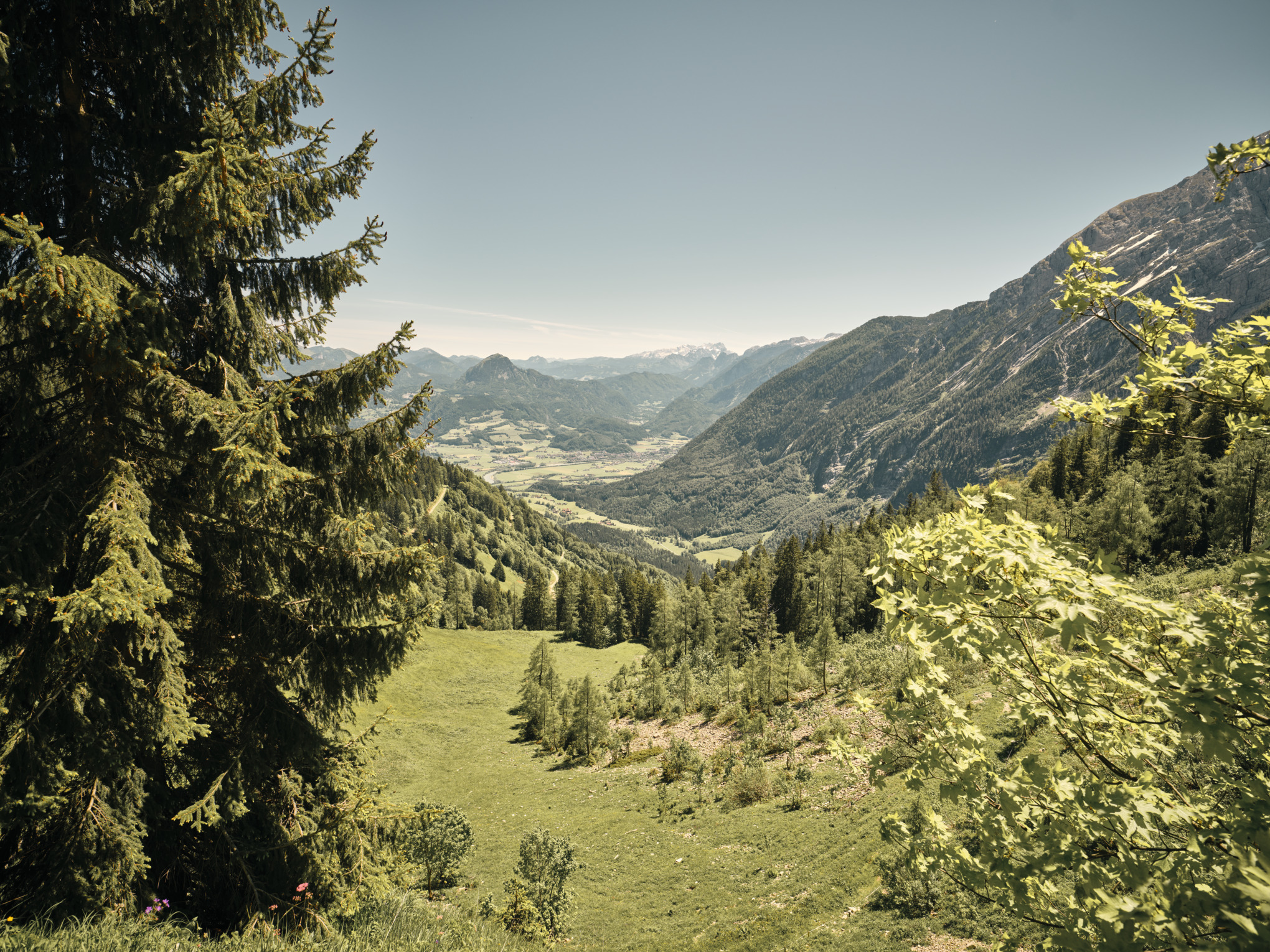Diversity on your doorstep
Without biodiversity, there would be no life on our plants. For example, without bees taking care of pollination, yields for some fruit and vegetable varieties would shrink by up to 90%. However, biodiversity includes not only diversity of species, but also genetic diversity and the diversity of ecosystems. For a healthy overall ecosystem, all elements must be in balance, otherwise the sensitive cycle is thrown into disarray.
Biodiversity is a central topic of our sustainability strategy and is very important for STIHL. With good reason: STIHL products are made for working in and with nature. So we need to better understand how the ecosystems work so that we can maximally educate and increase the awareness of users about the use of our products and provide them with the optimal power tool for their intended use.
An interdisciplinary project team for more biodiversity
Christoph Hiller von Gaertringen has been leading an interdisciplinary project team with representatives from Development, Product Management, Communication and Digitalization since April 2021; this team deals specifically with the topic of biodiversity and the challenges of biodiversity-friendly land management. The focus is on local authorities. Whether it’s parks or green spaces, sports fields, green verges along roads or cemetery areas, cities and municipalities have numerous different zones that need to be maintained and managed. In addition to their own aspiration to keep these areas attractive to bees, insects and other creatures, municipalities must also comply with various new legal requirements on biodiversity, such as the European Union’s biodiversity strategy. The project will investigate the exact impact of this on the local authorities and their work, and what this may mean for STIHL.

Christoph Hiller von Gaertringen explains: “Municipalities have great potential to make their land more biodiverse. Through our project, we can gain valuable insights into how this potential can be even more effectively realized through modified products, new applications or services.” The three municipalities of Losheim am See in Saarland, Pirmasens in Rhineland-Palatinate and Waiblingen in Baden-Württemberg are involved in the project as practical partners.
When selecting project partners, STIHL consciously opted to collaborate with these local authorities, which have different economic and ecological starting points, but the same requirements. They play an important role as they deliver practical insights during the analysis and derivation of measures, and in this way enable us to gain valuable insights for the further development of our product range in the interest of biodiversity. In addition to the local authorities, specialist experts from IfaS (Institut für angewandtes Stoffstrommanagement, which translates to Institute for Applied Material Flow Management), the Baden-Württemberg Land Agency and independent interest groups support the project.
Biodiversity at STIHL
Our core business commits us to active environmental protection. An intact environment and our contribution to effective environmental protection are top priorities for STIHL. Our products are made for working in and with nature, and we are aware of our particular responsibility towards delicate ecosystems. Their protection is therefore a key concern for us, and an essential focus area in our sustainability strategy for good reason. You can find out more about the STIHL sustainability strategy on our website at https://corporate.stihl.de/de/nachhaltigkeit


